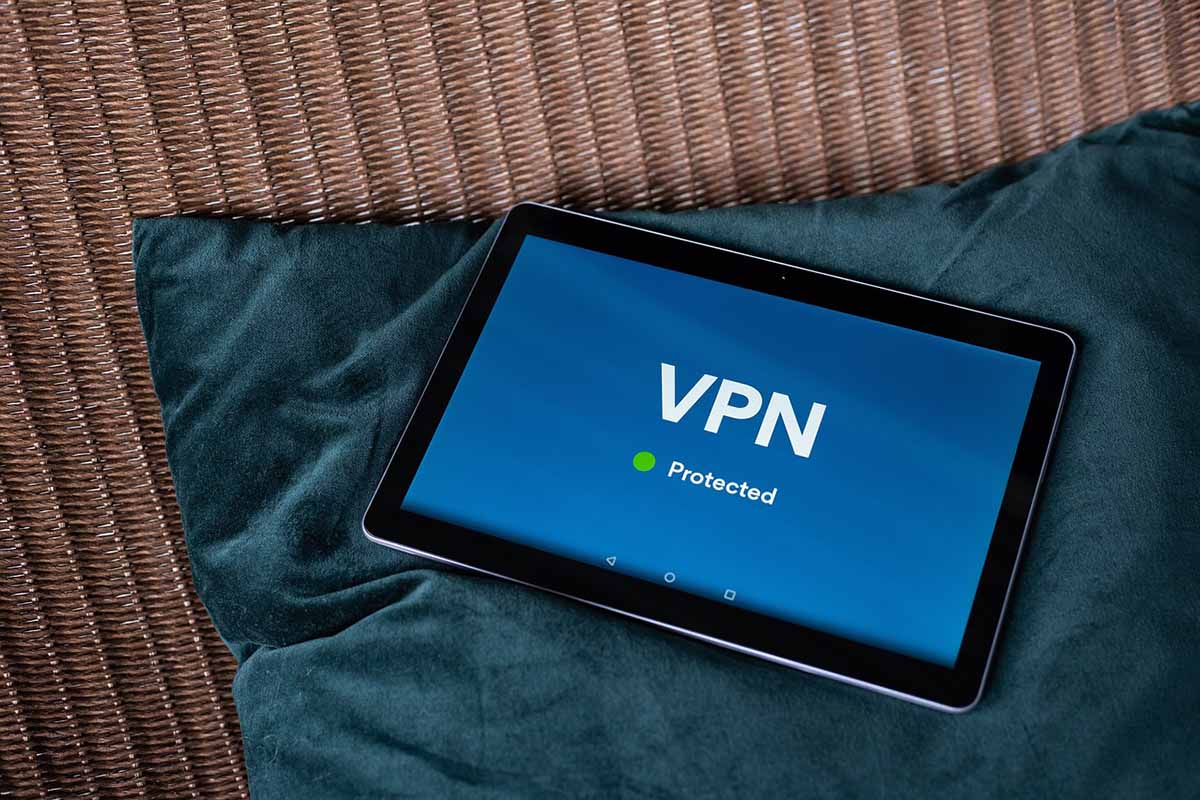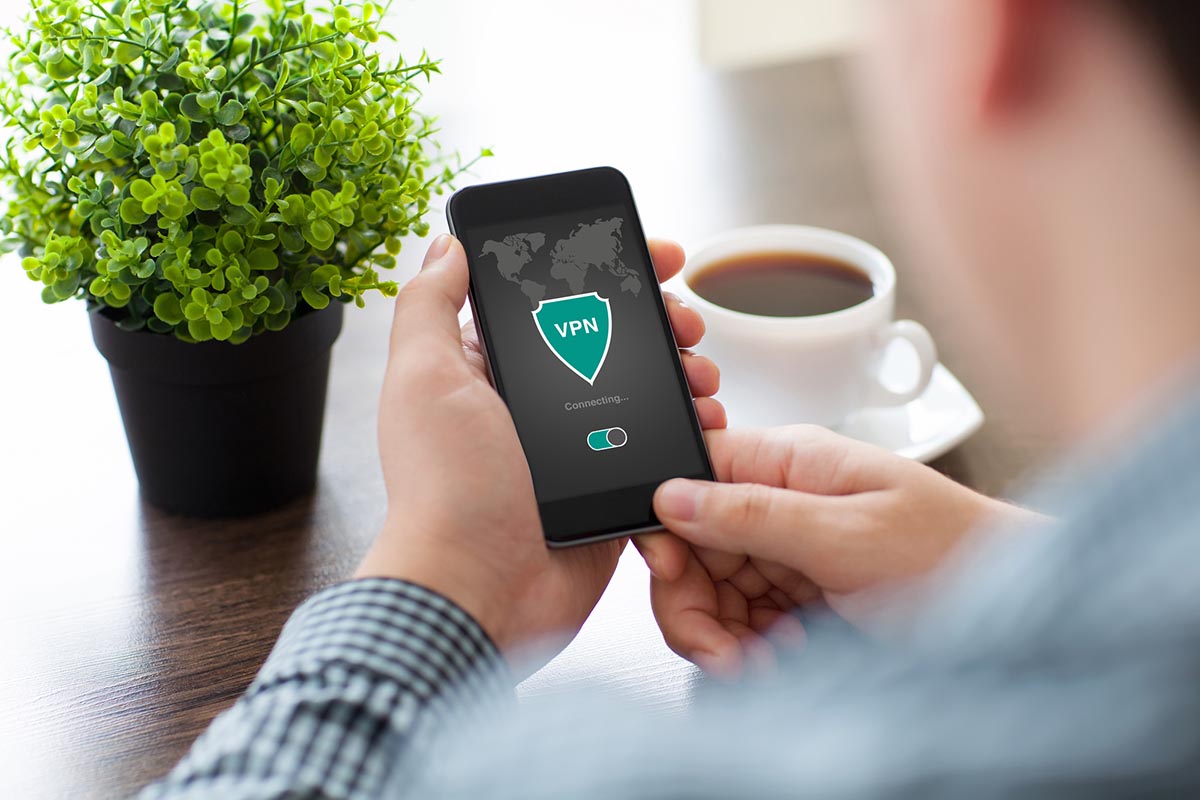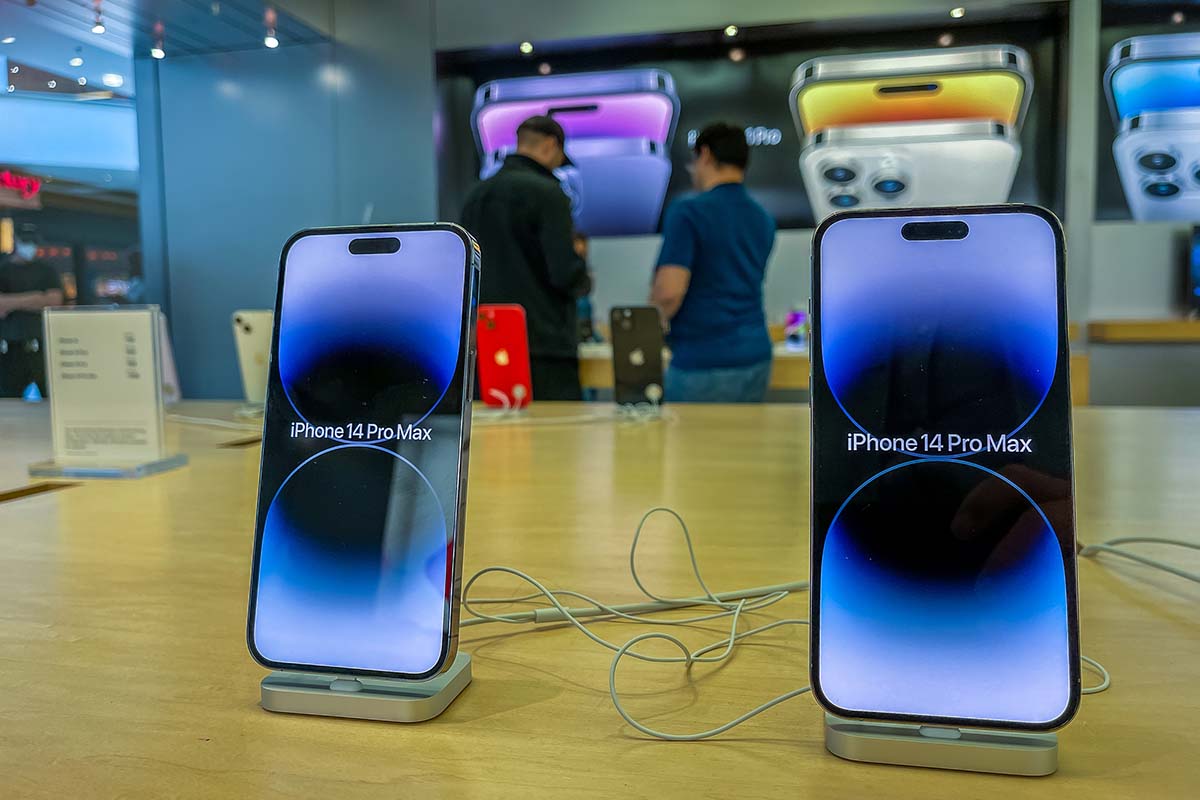The Different Uses of VPN: Explained
The internet has revolutionized how people connect, use, and use their data. However, this increased convenience has come with issues of security and privacy.
One way to address these issues is by using a unique software called a Virtual Private Network (VPN). A VPN is a secure connection between two or more devices that allows users to access the internet with added privacy and security. This post will explore the different uses of VPNs, including for everyday users, remote workers, streamers, and more.
You Can Obscure What You Are Doing From Your Internet Service Provider
It is the responsibility of internet service providers to provide access to the internet. They provide a physical connection from your home, school, or office to the internet using fiber-optic cables and other technologies. While they are mostly relatively benign, privacy-focused individuals may resent that their ISP can effectively monitor everything to do via their network.
One of the most important uses of a VPN is to enhance online privacy from your ISP. For instance, you can use a VPN for placing sports bets or using an online casino if you want your activities hidden.
Connecting to a VPN server is essentially masking your IP address and allowing yourself to remain anonymous. This is especially useful when browsing the internet, as your ISP can track and store the websites you are visiting and any data sent or received.
You can browse the web anonymously with a VPN, as your ISP will not be able to view anything you do online. However, it would be best if you always exercised caution because some ISPs could have alternative techniques for checking on their customers.
Bypassing Geographical Restrictions
Arguably, unblocking geo-restrictions is the primary reason for the enormous uptick in VPNs in the past decade. If you travel a lot and wish to access content that may be blocked in certain countries, VPNs can bypass geographical restrictions on streaming music and video content.
People who travel frequently will significantly benefit from this if they are paying for several subscriptions and want to use them. However, non-travelers can also gain by accessing content from around the world, minus the usual hindrance streaming services unduly put on their paying subscribers. Using a VPN also allows you to access different websites and services, such as when accessing a work site from another country.
Improved Online Security When Working Remotely
In the wake of the pandemic and the emergence of new technologies, such as video conferencing, remote working has become more popular. Remote work has many benefits for both employers and employees. However, remote work can sometimes prove a security risk for companies using sensitive data.
VPNs provide improved online security when you work remotely, which is one of their most significant advantages. Your connection to a VPN is encrypted and secure, so any sensitive data you send or receive is protected from hackers.
With a VPN, you can be sure that any sensitive information you share will be protected, even when working from home or on public networks, which are much less secure than a private network.
The different uses of VPN: They Keep Your Data Secure When Using Public Wi-Fi
A public Wi-Fi network can be insecure since data can easily be intercepted and stolen. Hackers can easily access the network, giving them access to your personal information and even pinching your identity. Some of the main methods they use include:
- Man-in-the-middle attacks: These attacks occur when someone with malicious intent intercepts communications between two parties. Rather than data being shared directly between server and client, another element interrupts this connection and can observe what you’re doing.
- Connection spoofing: This technique intercepts your data while in transit by bypassing public Wi-Fi security systems. Having been tricked into joining the wrong network, nefarious actors can steal all the information they please.
- Packet sniffing: With this method, a hacker can acquire and analyze the information as it transmits at their convenience.
One of the most important uses of a VPN is to keep your data secure when using public Wi-Fi. Public Wi-Fi connections are often unsecured and open to attack, meaning that your data, such as credit card numbers, passwords, and login credentials, can easily be intercepted and stolen. A
VPN encrypts your data, making it unreadable to anyone who intercepts it. This makes it much harder for hackers to access your data and provides an extra layer of security when using an unsecured public Wi-Fi connection.
A VPN is an effective tool for protecting your privacy online, protecting your data, accessing geo-restricted content, and protecting your device against malware. Whether a casual user or a business professional, VPN is essential for staying safe and secure online.




















